A cold is stressful and diminishes the joy of life. In order to quickly get rid of the illness, which is also known as the flu infection, one does not have to resort to the "chemical club" immediately, but can get relief with gentle home remedies.
What helps against a cold?

Contrary to what is often assumed, colds are not caused by too much cold or drafts, but because you have become infected with certain viruses (sometimes also with bacteria).
However, hypothermia is one of those factors that can weaken the immune system, which can lead to the development of a flu-like infection. Other factors that can lead to a weakening of the body's defenses are, for example, stress, lack of sleep, substance abuse or malnutrition. To avoid colds in the first place, we recommend a conscious lifestyle with plenty of sleep, little stress and a balanced diet. The targeted regular consumption of health-promoting foods such as garlic, onions or ginger can also help prevent flu-like infections from the outset.
If you did catch a cold, the symptoms of the infection can be varied and z. B. express as cough, runny nose, sinusitis, sore throat, hoarseness, fever and body aches. In order to combat the symptoms quickly, you can, for example, use gentle home remedies. Often your own kitchen already has valuable remedies against the common cold with certain herbs and vegetable bulbs.
Additionally, a few simple steps can help the body recover faster from a cold. In general, the following applies to a flu-like infection: sleep enough, drink a lot, avoid restlessness and keep your body - especially your feet - warm. In addition, it is important: if the cold does not improve despite treatment with home remedies or alternative remedies, a doctor should be consulted!
Quick help
The various symptoms of a cold can be combated quickly and effectively with simple home remedies: A dry, irritating cough can be relieved with herbal teas (e.g. with thyme, ivy or marshmallow).
A cough with thick phlegm, on the other hand, can be solved with freshly brewed onion tea. For nasal congestion and headaches, inhaling mint oil or taking a steam bath with chamomile can provide quick relief, while nasal rinsing with salt can be beneficial for sinus infections. A full bath with blood circulation-enhancing essences (such as menthol, eucalyptus or spruce needle oil) can relieve pain in the limbs and clear blocked airways - but a full bath should not be used if you have a fever.
Fever is generally considered to be a sensible reaction of the body and should not be suppressed immediately - however, if the body temperature rises above 39 ° C, you can e.g. Try, for example, with damp leg compresses or taking lime blossom tea to lower them again. In the case of a sore throat and hoarseness, the symptoms can be dealt with with potato or quark compresses and gargling with chamomile or sage infusions. A freshly prepared chicken soup (not from a can!) Also helps with colds - it has now even been scientifically proven that the tasty home remedy works against inflammation and allows it to subside more quickly.
Alternative remedies
Colds can also be relieved with other alternative remedies: With the help of red light, for example, throat and sinus infections can be treated - however, it is important that the associated instructions for use and contraindications (e.g. for the maximum exposure time and eye protection) are carefully observed become.
Other alternative remedies that can be used to treat colds can be found in homeopathy. In the case of fever, for example, the active ingredient aconite is recommended, which is particularly indicated when the patient is plagued by dry heat with shivering, irritable cough and hoarseness. Belladonna, however, is ideal for febrile conditions that are accompanied by sweat, pulsating pain and damp hands and feet.
Both active ingredients, as well as Phytolacca and Apis, can also help with sore throats. If the nose is flowing or blocked, the use of Allium cepa, Euphrasia or Luffa operculata and, for smaller patients, Sambucus nigra can be helpful. However, it is advisable to consult an expert before using homeopathic remedies.

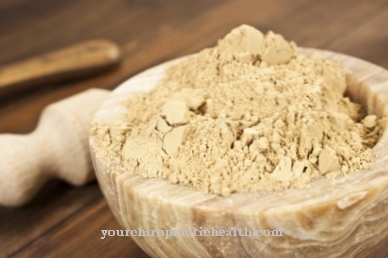



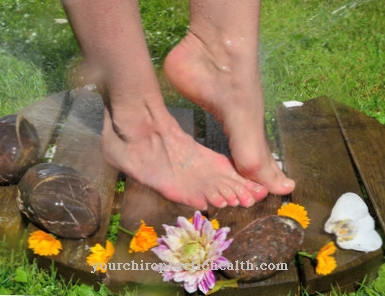
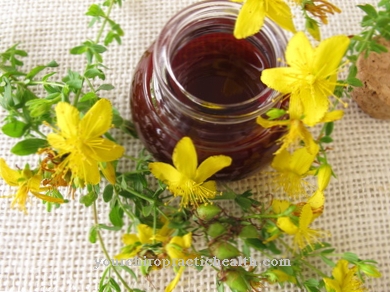



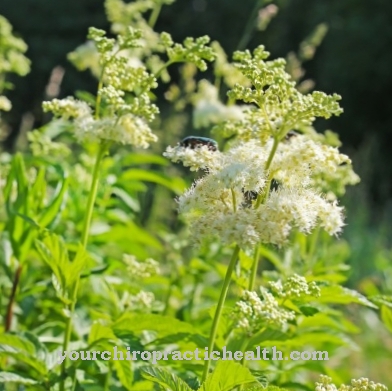








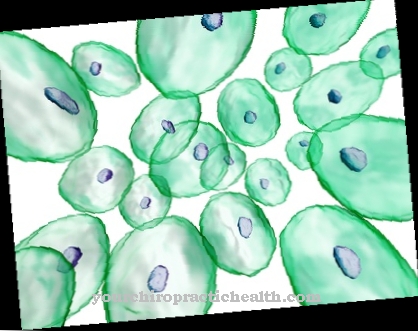
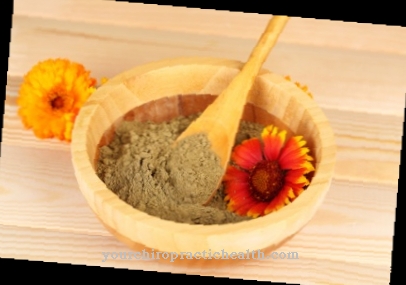
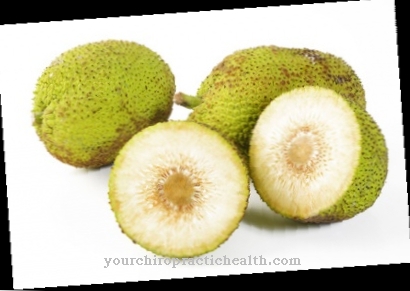



.jpg)

.jpg)
